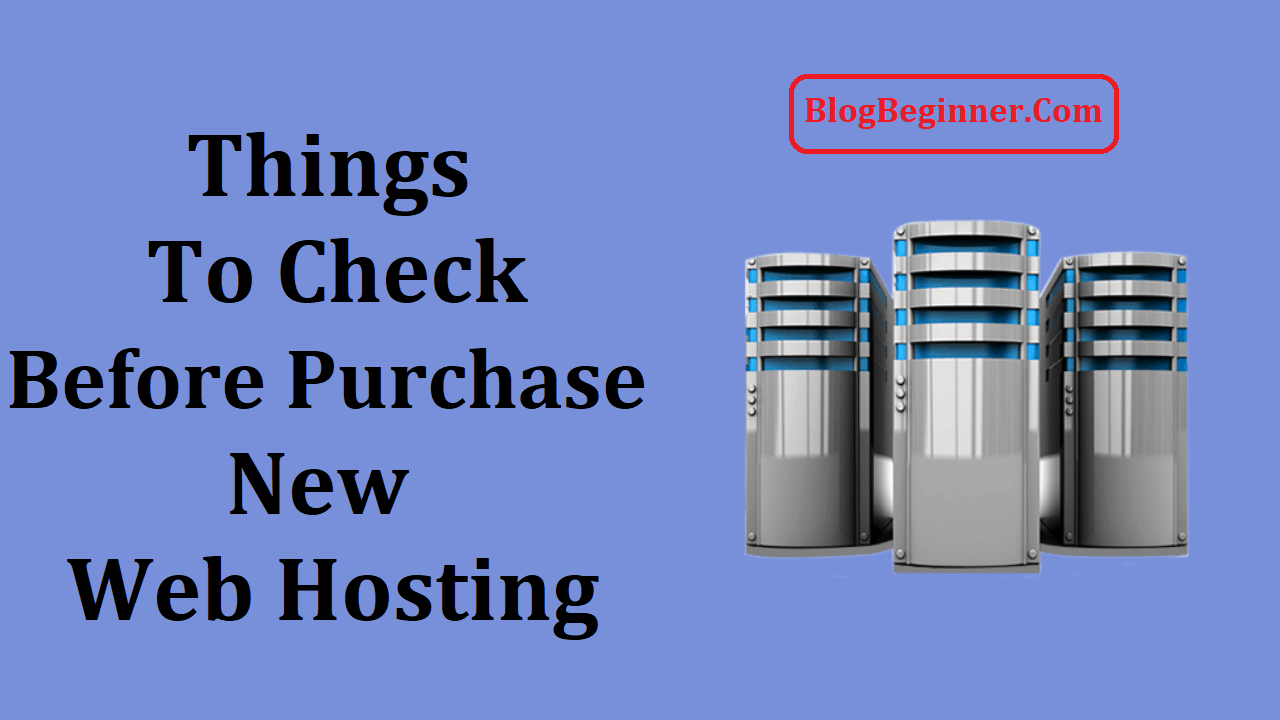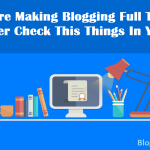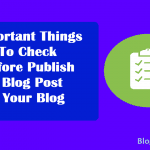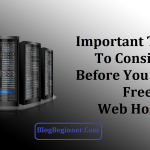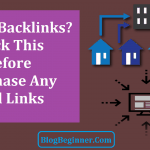Whether you are setting up a WordPress blog or going all out on a multi-category business website, the success of your website and presence online will depend on the web host you choose, specifically, the web hosting plans selected.
And for any small business, before you settle on a web hosting plan, you’ll also need to choose the best type of hosting.
So, before we look at the types of hosting plans for you to consider,
Let’s look at the main types of web hosting you should consider:
Contents In Page
Shared Hosting:
under the shared hosting plan, your website is part of a larger pool of websites sharing a server.
Because you are sharing a server, you will face restrictions on the resources accessible to your website.
The limited resources include bandwidth, storage space, and domains, among others.
The only reason why you might want to try the hosting plans under the shared package is that of its affordability and the low maintenance costs associated with this hosting.
Dedicated Hosting:
If you don’t mind spending a huge chunk of your budget on a website that will run on a single server or even multiple servers, all dedicated to your website, then dedicated hosting plans are for you.
Dedicated hosting works best for websites expecting huge traffic spikes.
You might also consider dedicated web hosting plans for security reasons and access to a large pool of resources.
Virtual/ Cloud Hosting:
A hybrid of shared and dedicated web hosting, virtual hosting is a scalable hosting package that distributes the physical load from running multiple websites on one server.
It does this by allowing websites to be housed in individual virtual servers (virtual private servers).
As a result, virtual hosting is not only affordable but also reliable in terms of a website’s access to resources.
Being scalable, you only pay for additional resources when you need to.
Now that we know the web hosting to choose from, it is important to mention that all these three hosting packages come in smaller packages, varying depending on what you need and what you can afford.
And to identify the hosting plan you should buy, there are specific qualities you need to consider.
Your choice of one out of these three plans depends on the needs of your website.
Therefore, you should be able to answer the question – what will be hosted on the site?
1. Server Performance
A web host’s server performance is an important quality that you need to have in mind as it determines both the speed and the reliability of your website.
By now, you know that a page’s loading speed is a ranking factor used by search engines and it is also important in determining sales and conversion rates.
Therefore, whether you choose shared, virtual or dedicated hosting, you need to ensure that the hosting plan provided by that company is stable for your network and your server.
By using a web hosting provider whose server performance is reliable, you won’t have to worry about your website being down for one or 5 minutes, losing customers in the process.
For the determination of server performance, there are two integral qualities to test for: speed and TTFB (Time-To-First-Byte).
You need fast servers for high-loading speeds, hence a positive customer experience and high ranking on search engine result pages.
Regarding TTFB – TTFB refers to the sum total of the HTTP Request time, the Process Request Time and the HTTP Response Time.
In other words, TTFB is the time that lapses from the second an online user requests information on their web browser to the time they receive the first byte in their browser.
TTFB is important in the measurement of a website.
One of the most effective ways of reducing TTFB involves the use of dynamic caching.
In dynamic caching, the information needed to serve web pages is stored in caches making the information almost accessible immediately when a user requests for the information.
The other factor to look at when evaluating the reliability and the speed of a web host is uptime. Uptime rates indicate how long the server will keep your website live.
For higher sales and ranking, consider the web hosts providing uptimes of at least 99.95 percent.
2. Web hosts providing multiple locations for their data centers
The web host you choose will help in boosting your website’s loading speeds if they have data center locations close to your online users.
By choosing web hosts with multiple data centers close to your website, the content users request for will not have to be routed through multiple servers before the user gets the information they requested.
So, knowing about the location of the data center locations will keep you, your site visitors, and the search engines happy.
3. Good Reputation
The search for the best web hosting plan will always boil down to the company well-known for providing the best web hosting services.
In this regard, the most reputable companies offer a high uptime and close to zero percent downtime, and they also provide excellent customer support services.
The other features you should check when it comes to the reputation of a web host is whether or not the host is owned independently or how good they are in protecting your private information.
You should also check the security systems employed by the hosting company.
When checking out the reputation of hosting companies, you should remember that a big name does not necessarily mean great performance.
In today’s web hosting landscape, small and new companies could offer your company or blog more value than older and well-known service providers.
4. Robust Security Setups
By signing up for web hosting services, you are literally asking a company on the internet to be a safe home for your website.
So, in as much as you have control over what content goes into your blog and what doesn’t, whether your website is hacked or not will largely depend on the hosting services offered by the web host.
For robust security, the most reputable web hosting providers have SSL encryption for protection against DDoS attacks, and they are DSS/PCI-compliant.
Note, however, that even with these security measures taken by the web host, you need to invest in strict security applications like buying an SSL certificate which will be used by Google to mark your website as a Secure website in the URL bar.
Also on security is the issue of backups on site.
You don’t want your website hosted on a server without backups (daily) because website crashes or poor backups could result in the loss of important data, bad coding, or even exposure of your website to hackers.
So, while checking out the security systems, the web host offers in their plans, ensure that they also provide free backups, preferably every day.
5. Reliable Customer Support
Most people have found themselves in acrimonious relationships with their web hosts because of poor and unreliable customer support.
Often, things go south when the web host is nowhere to help resolve issues like backup or malicious attacks that result in downtime and losses.
So, if you are looking for the best web hosting plan to ensure that the package offered includes access to excellent and fast customer support from a professional and knowledgeable support team.
The best customer support teams are the ones that revert to their clients promptly while resolving the issues brought up immediately.
You could check out customer support reviews on review sites, but in most cases, the most reliable companies provide multiple channels of communication like email, Skype, live chats and even phone calls.
6. Presence of Business Support Functions/ Features
A great web host will offer several features essential for the servers and for your business website.
Among others, look out for features such as FTP/ SFTP Access, CDN (content delivery network), SSD storage, ability to access specific files like the .htaccess files, as well as a feature that lets you own your domain name email address.
For e-commerce sites, for example, ensure that the hosting plan comes with a built-in checkout process/ system, payment gateway, or the feature that lets you add galleries for products among others.
7. Upgrade Options
When shopping for web hosting plans, check whether the plan you are interested in is scalable or not.
Scalability is particularly important when you are starting a blog or website and using a shared plan; it ensures that you get more resources when you need to without having to buy a new plan and register it again.
8. Access to Resources
When it comes to web hosting plans, you must look at the resources offered under a plan and what the resources mean in relation to the growth of your website, and handling traffic spikes.
To make the right decision, first, check the storage that is provided by the web host and also the bandwidth.
And speaking of bandwidth, keep in mind that you hardly ever get a plan with actual unlimited access to bandwidth.
9. Refund Policy
Finally, check the cost of the plan and its renewal costs, as well as the company’s refund policy.
